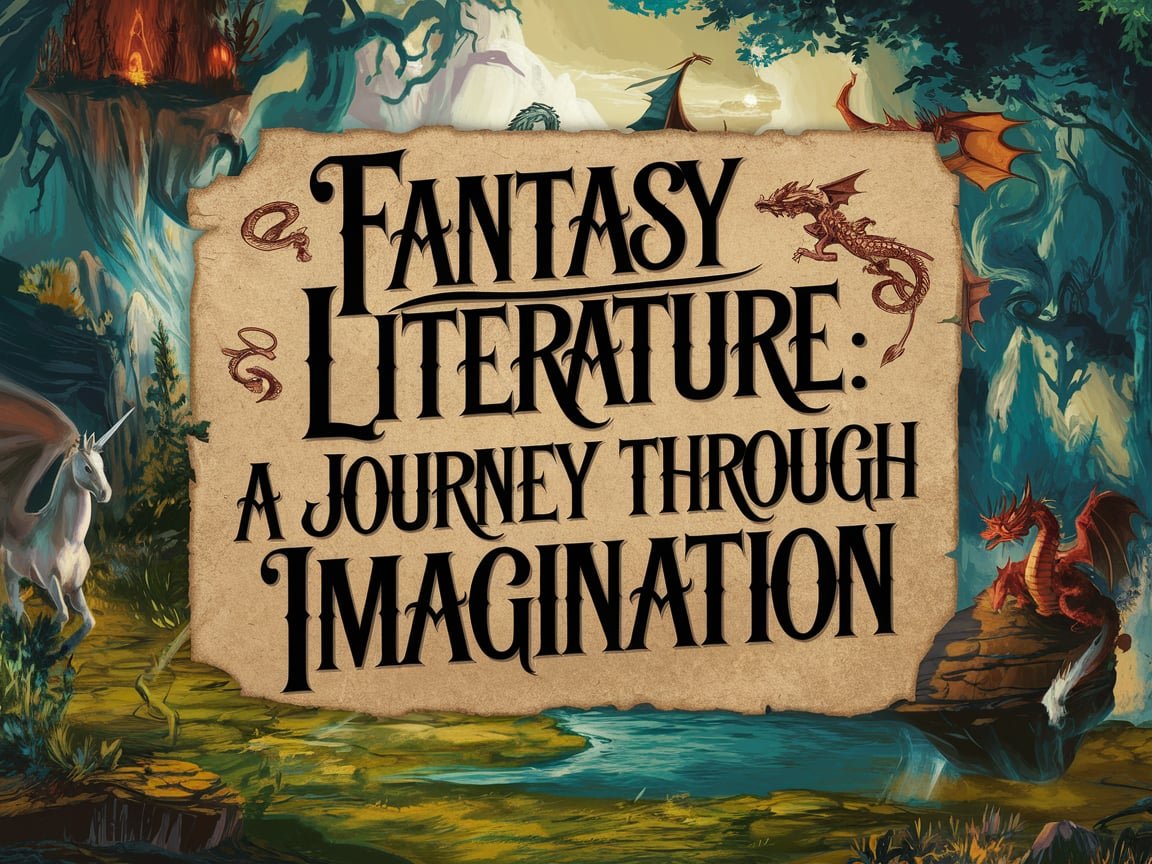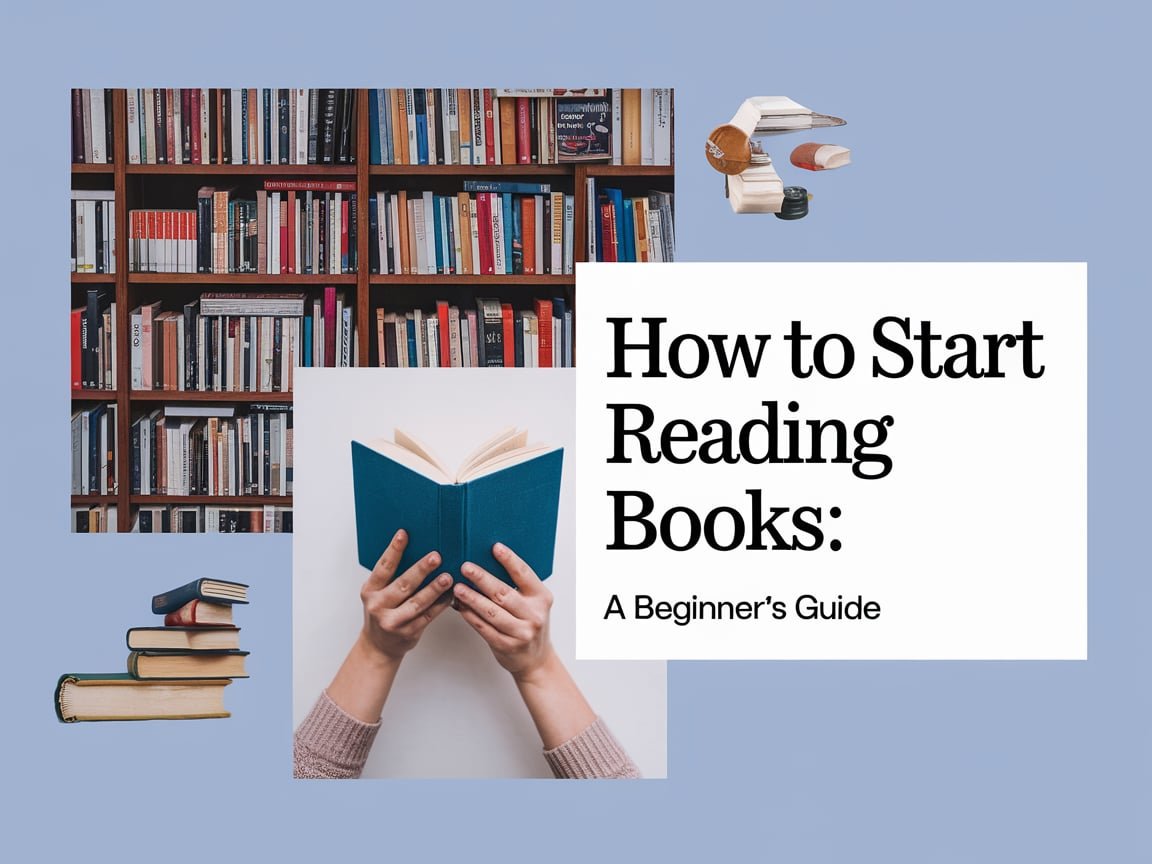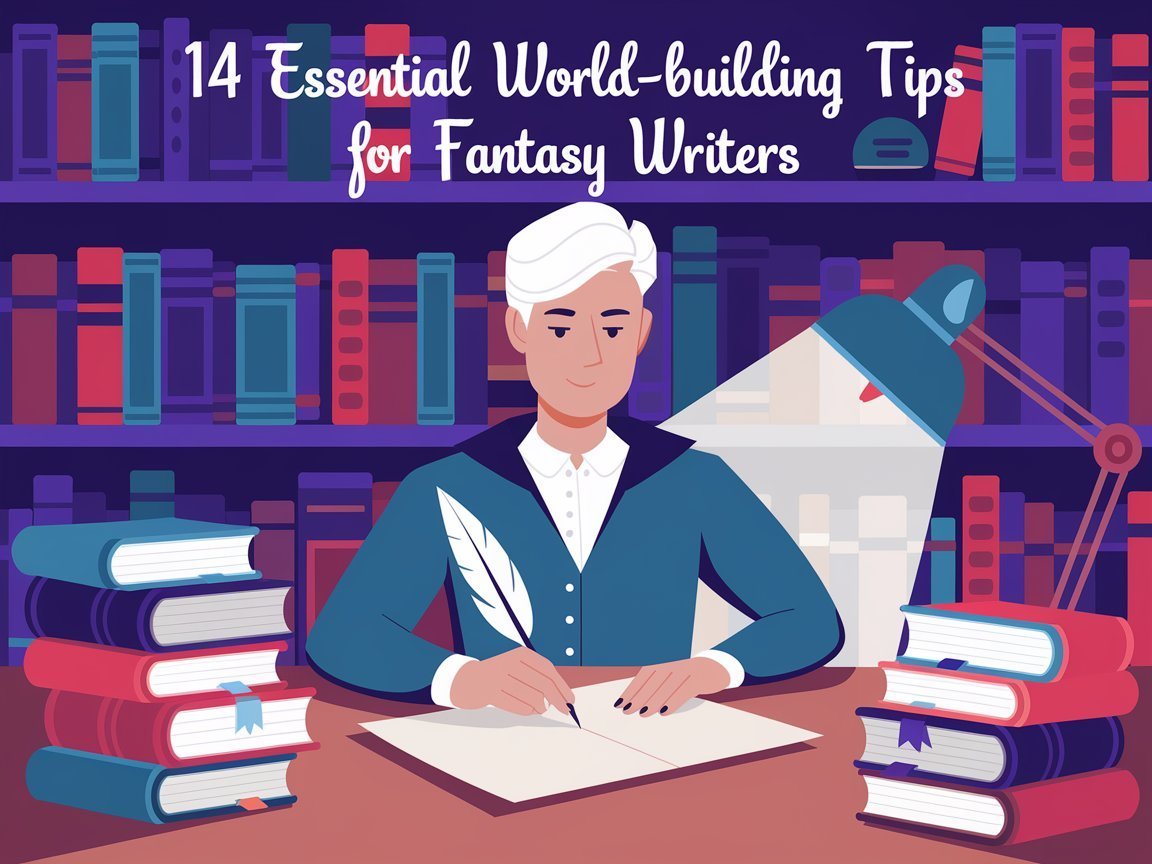Fantasy has captivated readers for centuries. This magical genre transports us to extraordinary worlds filled with wonder and adventure. From epic quests to magical creatures, fantasy literature offers endless possibilities for exploration and escape.
The Essence of Fantasy
At its core, fantasy literature ignites our imagination. It creates vivid worlds beyond our reality, yet resonates with universal themes. Heroes face impossible odds, magic bends the laws of nature, and good often battles evil. These elements combine to form stories that enchant and inspire readers of all ages.
Moreover, fantasy provides a unique lens through which we examine our world. Through fantastical settings and characters, authors often explore real-world issues. They tackle complex themes like power, morality, and human nature. This blend of escapism and reflection makes fantasy a powerful and enduring genre.
The Evolution of Fantasy Literature
Fantasy’s roots stretch back to ancient myths and legends. However, modern fantasy literature truly blossomed in the 19th and 20th centuries. Pioneering authors like J.R.R. Tolkien and C.S. Lewis shaped the genre we know today. They created intricate worlds with their histories, languages, and mythologies.
Since then, fantasy has continued to evolve and diversify. Urban fantasy brings magical elements into contemporary settings. Grimdark fantasy explores darker, more morally ambiguous themes. Meanwhile, young adult fantasy captivates new generations of readers. Each subgenre adds new dimensions to the rich tapestry of fantasy literature.
Key Elements of Fantasy
Several elements define the fantasy genre:
- Worldbuilding: Fantasy authors craft detailed, immersive worlds.
- Magic systems: From subtle enchantments to powerful spells, magic is often central.
- Mythical creatures: Dragons, elves, and other fantastical beings populate these stories.
- Epic quests: Many fantasy narratives revolve around heroic journeys or missions.
- Supernatural abilities: Characters often possess extraordinary powers or skills.
These elements combine to create the unique atmosphere and appeal of fantasy literature. They allow readers to experience the impossible and imagine new realities.
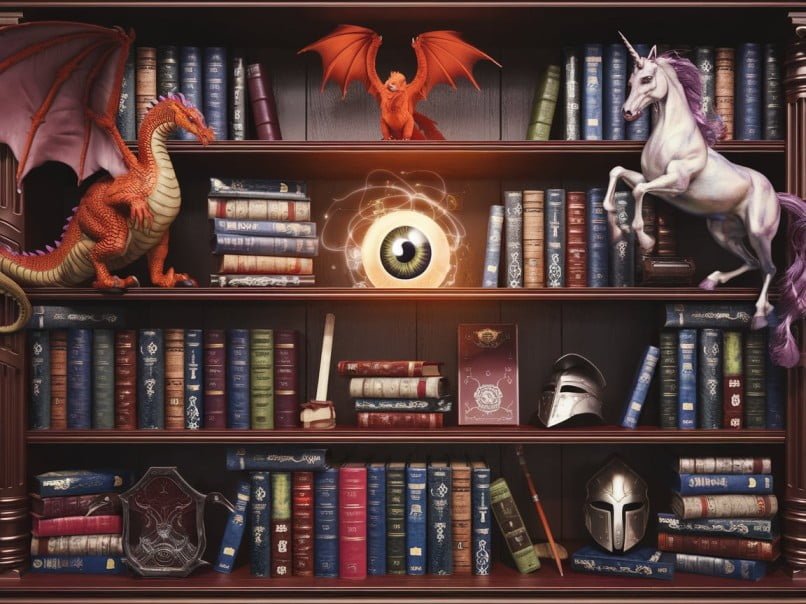
Popular Fantasy Subgenres
Fantasy literature spans a wide range of subgenres, each with its unique flavors and tropes.
High Fantasy: This subgenre typically features fully imagined secondary worlds. J.R.R. Tolkien‘s “The Lord of the Rings” epitomizes high fantasy. It often includes epic quests, complex magic systems, and battles between good and evil.
Urban Fantasy: Here, magical elements blend with modern, real-world settings. Authors like Neil Gaiman and Jim Butcher have popularized this subgenre. Urban fantasy brings enchantment to familiar cityscapes, creating a thrilling mix of the mundane and magical.
Epic Fantasy: Characterized by sweeping narratives and large casts of characters, epic fantasy is grand in scale. George R.R. Martin’s “A Song of Ice and Fire” series exemplifies this subgenre. It often features intricate plotlines, political intrigue, and world-altering events.
Grimdark Fantasy: This subgenre takes a darker, more realistic approach to fantasy. Authors like Joe Abercrombie craft morally ambiguous characters and gritty worlds. Grimdark challenges traditional notions of heroism and explores the complexities of human nature.
Portal Fantasy: These stories involve characters traveling between our world and a fantasy realm. C.S. Lewis’s “The Chronicles of Narnia” is a classic example. Portal fantasy offers a bridge between the familiar and the fantastical.
Influential Authors and Works
Fantasy literature boasts a rich pantheon of authors who have shaped the genre.
J.R.R. Tolkien: His works, particularly “The Hobbit” and “The Lord of the Rings,” laid the foundation for modern fantasy. Tolkien’s meticulous worldbuilding and mythic storytelling continue to influence authors today.
Ursula K. Le Guin: Her “Earthsea” series brought depth and nuance to fantasy. Le Guin explored themes of balance, power, and identity through her magical world.
Terry Pratchett: With his “Discworld” series, Pratchett infused fantasy with humor and satire. His work demonstrates fantasy’s versatility as a vehicle for social commentary.
Brandon Sanderson: Known for his intricate magic systems and worldbuilding, Sanderson has become a prominent figure in contemporary fantasy. His “Mistborn” and “Stormlight Archive” series showcase the genre’s continuing evolution.
N.K. Jemisin: Her groundbreaking “Broken Earth” trilogy won unprecedented acclaim. Jemisin’s work pushes the boundaries of fantasy, incorporating themes of oppression, climate change, and social justice.
Fantasy’s Impact on Popular Culture
Fantasy’s influence extends far beyond literature. It has permeated various aspects of popular culture.
Film and Television: Adaptations of fantasy works have become cultural phenomena. From “The Lord of the Rings” to “Game of Thrones,” these productions have brought fantasy to wider audiences.
Gaming: Fantasy worlds provide rich settings for video games and tabletop RPGs. Games like “The Elder Scrolls” and “Dungeons & Dragons” allow people to actively participate in fantastical adventures.
Art and Music: Fantasy inspires visual artists and musicians alike. Album covers, concert performances, and art exhibitions often draw from fantasy themes and aesthetics.
Fashion and Cosplay: Fantasy-inspired fashion and cosplay communities celebrate the genre’s visual creativity. Fans bring their favorite characters to life through elaborate costumes and accessories.

The Benefits of Reading Fantasy
Fantasy literature offers numerous benefits to readers of all ages.
Enhancing Creativity: Fantasy worlds spark the imagination. Readers visualize unique settings, creatures, and magical systems. This exercise in creativity can boost problem-solving skills and innovative thinking.
Developing Empathy: Through diverse characters and cultures, fantasy fosters empathy. Readers experience different perspectives and learn to understand others’ motivations and feelings.
Escapism and Stress Relief: Fantasy provides a healthy escape from daily stresses. Immersing oneself in a fantastical world can offer relaxation and mental rejuvenation.
Exploring Complex Themes: Fantasy often tackles deep philosophical and moral questions. It allows readers to explore complex issues in a safe, fictional context.
Improving Vocabulary: Fantasy introduces readers to rich, varied language. New words and phrases expand vocabulary in an engaging, context-driven way.
Fantasy in Education and Personal Development
Educators and personal development experts increasingly recognize fantasy’s value.
Encouraging Reading: Fantasy’s engaging narratives can hook reluctant readers. The genre’s immersive worlds and exciting plots motivate students to read more.
Teaching Literary Analysis: Fantasy’s rich symbolism and themes provide excellent material for literary analysis. Students learn to identify metaphors, analyze character development, and interpret complex narratives.
Fostering Critical Thinking: The moral dilemmas and intricate plots in fantasy stories encourage critical thinking. Readers must consider multiple perspectives and predict outcomes.
Promoting Creativity in Writing: Fantasy inspires creative writing. Students learn to craft unique worlds, develop interesting characters, and construct compelling plots.
Supporting Emotional Intelligence: Fantasy often explores emotional journeys and personal growth. Readers can learn about managing emotions and overcoming challenges through the characters’ experiences.
Fantasy Across Different Media
Fantasy’s influence extends beyond traditional literature into various media forms.
Graphic Novels and Comics: Fantasy thrives in visual storytelling. Works like “Sandman” by Neil Gaiman showcase the genre’s potential in this medium.
Audiobooks: Fantasy audiobooks bring stories to life through skilled narration. They offer a different way to experience magical worlds and epic adventures.
Interactive Fiction: Text-based games and choose-your-own-adventure stories allow readers to actively participate in fantasy narratives. This medium blends storytelling with player agency.
Virtual Reality: Emerging VR technology promises to create immersive fantasy experiences. Users may soon walk through magical realms and interact with fantastical creatures.
Podcasts: Fantasy-themed podcasts discuss the genre, analyze popular works and even present original audio dramas. They foster community among fantasy enthusiasts.
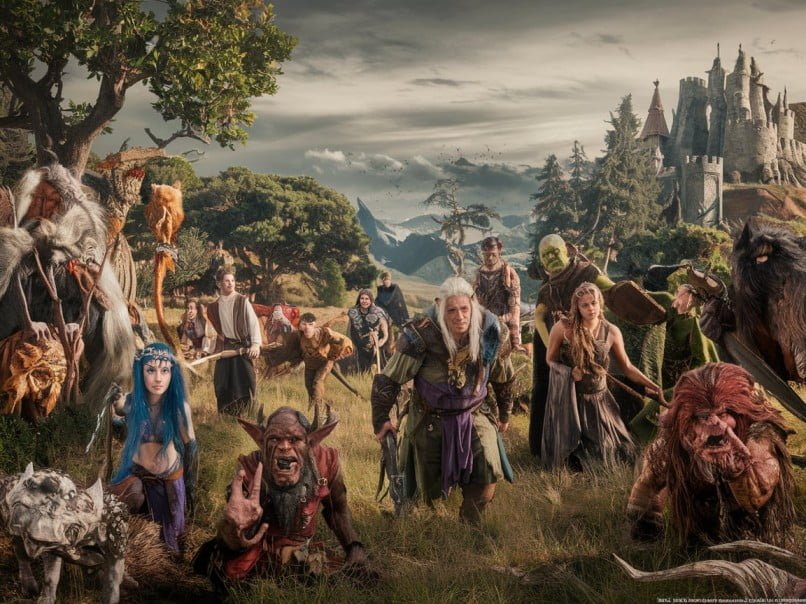
Fantasy and Social Commentary
Fantasy often serves as a powerful tool for social commentary and critique.
Allegory and Metaphor: Authors use fantastical elements to represent real-world issues, allowing for nuanced discussions of sensitive topics.
Challenging Social Norms: Fantasy worlds can reimagine societal structures. They question existing norms and present alternative ways of organizing society.
Exploring Power Dynamics: Many fantasy stories revolve around power struggles. These narratives can offer insights into real-world politics and social hierarchies.
Addressing Environmental Concerns: Fantasy often features nature-based magic or spirits. These elements can highlight environmental issues and promote conservation values.
Promoting Diversity and Inclusion: Modern fantasy increasingly represents diverse characters and cultures. This trend promotes inclusivity and challenges traditional genre stereotypes.
The Psychology of Fantasy
Fantasy literature taps into fundamental aspects of human psychology.
Archetypal Characters: Fantasy often features archetypal figures like the hero, mentor, or trickster. These resonate with readers on a deep psychological level.
Wish Fulfillment: The genre allows readers to experience extraordinary abilities or adventures. This fulfills innate human desires for power, recognition, or escape.
Confronting Fears: Fantasy provides a safe space to confront fears and anxieties. Battling monsters or overcoming magical curses can symbolize real-life challenges.
Exploring the Unconscious: Fantastical elements often represent aspects of the unconscious mind. Dreams, magical transformations, and supernatural beings can symbolize psychological processes.
Cognitive Development: For young readers, fantasy aids in mental development. It encourages abstract thinking and helps children understand the concept of possibility.
Fantasy and World Mythology
Fantasy literature often draws inspiration from world mythologies.
Ancient Myths: Greek, Norse and Egyptian mythologies frequently influence fantasy stories. Gods, heroes, and mythical creatures from these traditions often appear in modern works.
Folk Tales: Fairy tales and folk stories from various cultures provide rich material for fantasy. Authors reimagine these tales for contemporary audiences.
Creation Myths: Many fantasy worlds feature their creation myths. These often reflect or reinterpret real-world religious and cultural beliefs.
Legendary Artifacts: Mythical objects like magic swords, powerful rings, or enchanted cauldrons frequently appear in fantasy. These draw on legendary artifacts from various cultures.
Heroic Quests: The structure of many fantasy stories mirrors mythological hero quests. Characters undergo trials, face temptations, and ultimately transform through their journey.
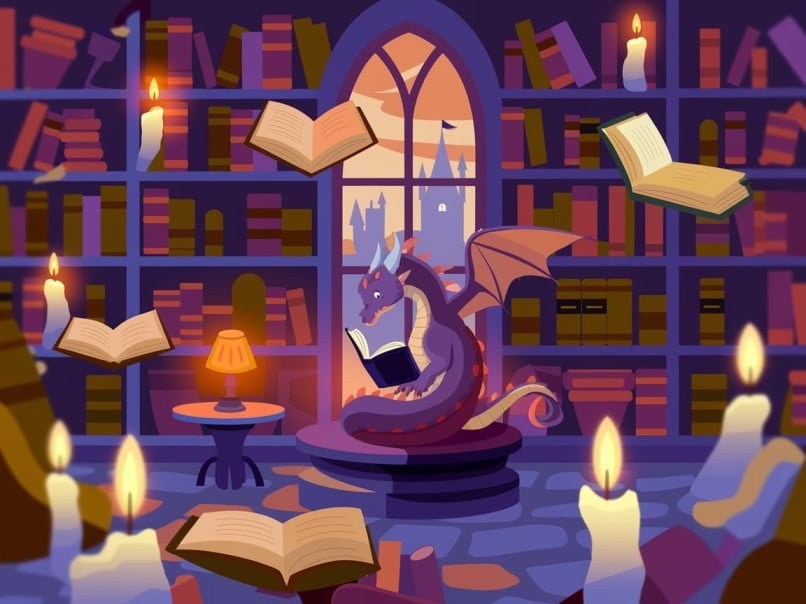
The Craft of Fantasy Writing
Creating compelling fantasy requires specific skills and techniques.
Worldbuilding: Fantasy authors must construct believable, internally consistent worlds. This involves creating histories, cultures, and often entire languages.
Magic System Design: Effective fantasy often features well-defined magic systems. Authors must establish rules and limitations for magical elements.
Character Development: Despite fantastical settings, characters must remain relatable and three-dimensional. Their motivations and growth drive the story.
Balancing Exposition: Fantasy writers face the challenge of introducing unfamiliar concepts without overwhelming the reader. Skillful exposition is crucial.
Maintaining Suspension of Disbelief: Authors must craft their fantastical elements carefully to maintain the reader’s engagement and belief in the story.
Fantasy and Pop Culture Trends
Fantasy continuously evolves, influenced by and influencing popular culture.
Cinematic Universes: The success of fantasy film adaptations has led to expansive cinematic universes. These interconnected stories create immersive fan experiences.
Nostalgia and Reboots: Many classic fantasy properties are being rebooted or continued. This trend capitalizes on nostalgia while introducing the genre to new generations.
Cross-Genre Blending: Fantasy increasingly blends with other genres like mystery, romance, or science fiction. This creates fresh, hybrid narratives.
Social Media and Fan Communities: Online platforms allow fantasy fans to connect, share theories, and even create their content. This engagement shapes the genre’s direction.
Diverse Voices: There’s a growing emphasis on fantasy stories from diverse authors. This brings new perspectives and cultural influences to the genre.
The Future of Fantasy
As we look ahead, several trends are shaping the future of fantasy literature.
Climate Fiction: Fantasy is increasingly engaging with environmental themes. “Cli-fi” blends fantastical elements with climate change narratives.
Artificial Intelligence: AI may play a role in fantasy storytelling. It could generate plot ideas, assist in worldbuilding, or even co-author stories.
Interactive Storytelling: Advancements in technology may lead to more immersive, interactive fantasy experiences. Readers could have greater agency in shaping narratives.
Global Fantasy: As the publishing industry becomes more global, fantasy inspired by non-Western cultures may gain prominence.
Subversion of Tropes: Many authors are consciously subverting traditional fantasy tropes. This trend challenges reader expectations and refreshes the genre.
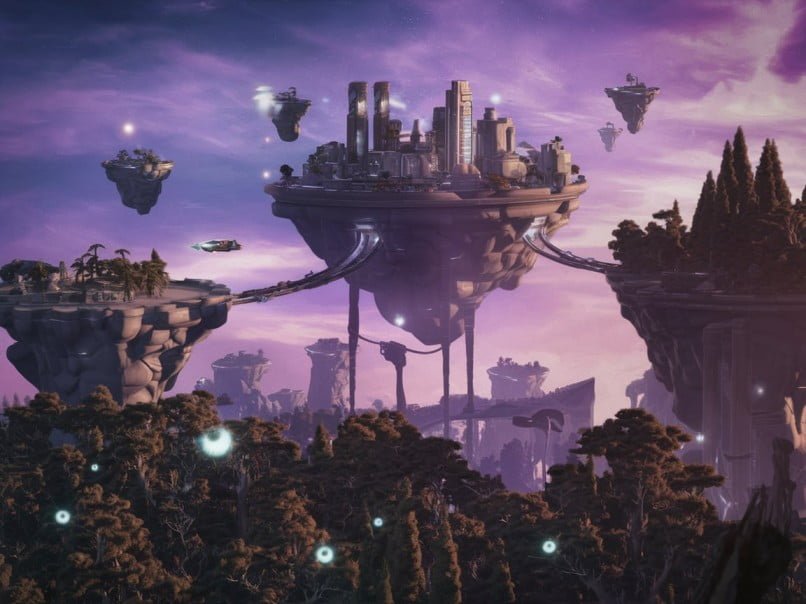
Conclusion: The Enduring Magic of Fantasy
Fantasy literature continues to captivate readers worldwide. Its ability to inspire imagination, explore complex themes, and provide escapism ensures its lasting appeal. As the genre evolves, it remains a powerful medium for storytelling and self-expression.
From ancient myths to modern epics, fantasy transports us to extraordinary realms. It challenges our perceptions, broadens our minds, and touches our hearts. In a world of constant change, the timeless allure of fantasy endures.
Whether you’re a longtime fan or new to the genre, fantasy literature offers a wealth of worlds to explore. So, open a book, step through the portal, and embark on your magical journey. The realms of fantasy await, full of wonder, adventure, and endless possibilities.

